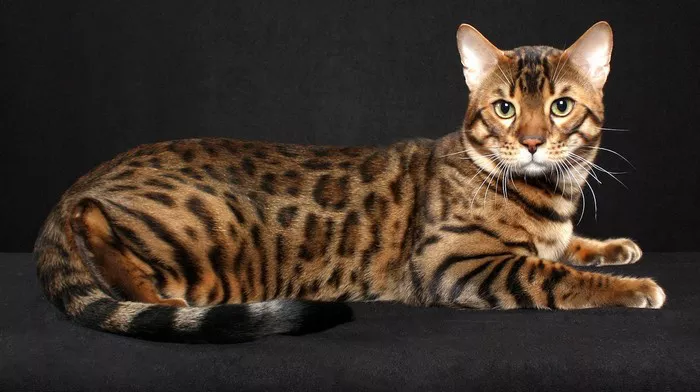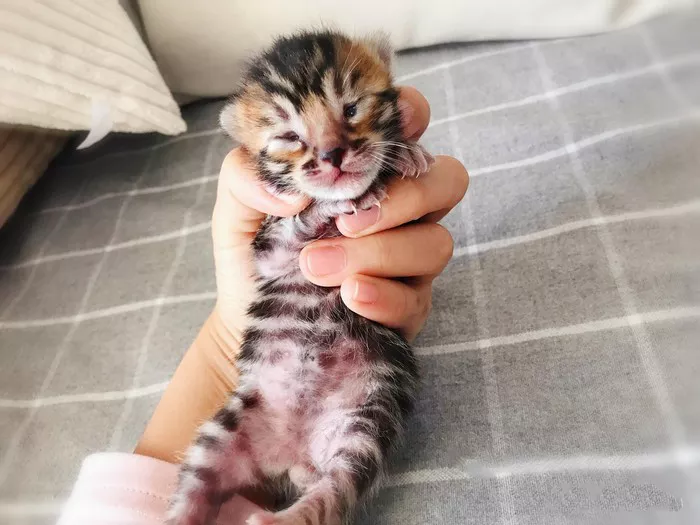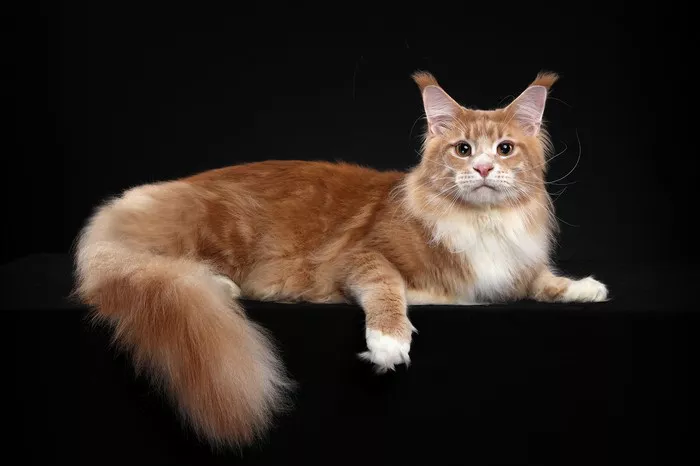Bengal cats have captivated the hearts of cat enthusiasts worldwide with their striking appearance and engaging personalities. As potential owners consider bringing a Bengal cat into their lives, understanding their average lifespan is an important factor to consider. In this article, we will explore the factors that influence the lifespan of Bengal cats and provide insights into their typical longevity.
Average Lifespan of Bengal Cats:
On average, Bengal cats have a lifespan ranging from 12 to 16 years. However, it’s important to note that individual cats may have different lifespans depending on various factors, including genetics, overall health, diet, lifestyle, and access to proper veterinary care. With appropriate care and a healthy environment, some Bengal cats have been known to live well into their late teens or early twenties.
Factors Affecting Lifespan:
Genetics: Genetic factors play a crucial role in determining a cat’s lifespan. Responsible Bengal cat breeders aim to select breeding stock with good overall health and genetic backgrounds to reduce the risk of hereditary diseases and promote longevity. By obtaining a Bengal cat from a reputable breeder, you increase the chances of bringing home a healthy cat with a potentially longer lifespan.
Overall Health and Veterinary Care: Providing proper healthcare for your Bengal cat is essential for their well-being and longevity. Regular veterinary check-ups, vaccinations, parasite control, and preventive measures such as spaying or neutering can contribute to a healthier and longer life. Early detection and treatment of any health issues are also vital in maintaining your Bengal cat’s well-being.
Nutrition and Diet: A well-balanced and nutritionally complete diet is crucial for the overall health and longevity of Bengal cats. Providing a high-quality cat food that meets their nutritional needs, including appropriate levels of protein, vitamins, and minerals, can help support their immune system, promote healthy organ function, and contribute to a longer lifespan. Consult with your veterinarian to determine the most suitable diet for your Bengal cat.
Exercise and Mental Stimulation: Bengal cats are active and intelligent animals that require ample physical exercise and mental stimulation. Providing opportunities for play, interactive toys, and environmental enrichment can help prevent boredom and associated behavioral issues. Regular exercise not only maintains their physical health but also contributes to their overall well-being and potentially extends their lifespan.
Environmental Factors: The living environment of a Bengal cat can impact their lifespan. Providing a safe and stress-free home environment with appropriate hiding spots, scratching posts, and elevated perches allows them to engage in natural behaviors and reduces the risk of accidents or injuries. Minimizing exposure to harmful substances and toxins is also crucial for their well-being.
Conclusion:
Bengal cats have an average lifespan of 12 to 16 years, but individual lifespans can vary based on genetics, overall health, diet, lifestyle, and access to proper veterinary care. By focusing on responsible breeding, providing regular veterinary check-ups, maintaining a nutritious diet, ensuring ample exercise and mental stimulation, and creating a safe and enriched living environment, Bengal cat owners can contribute to their feline companions’ well-being and potentially extend their lifespans. Remember, every Bengal cat is unique, and providing them with love, care, and a healthy lifestyle can enhance their quality of life and strengthen the bond you share.

























